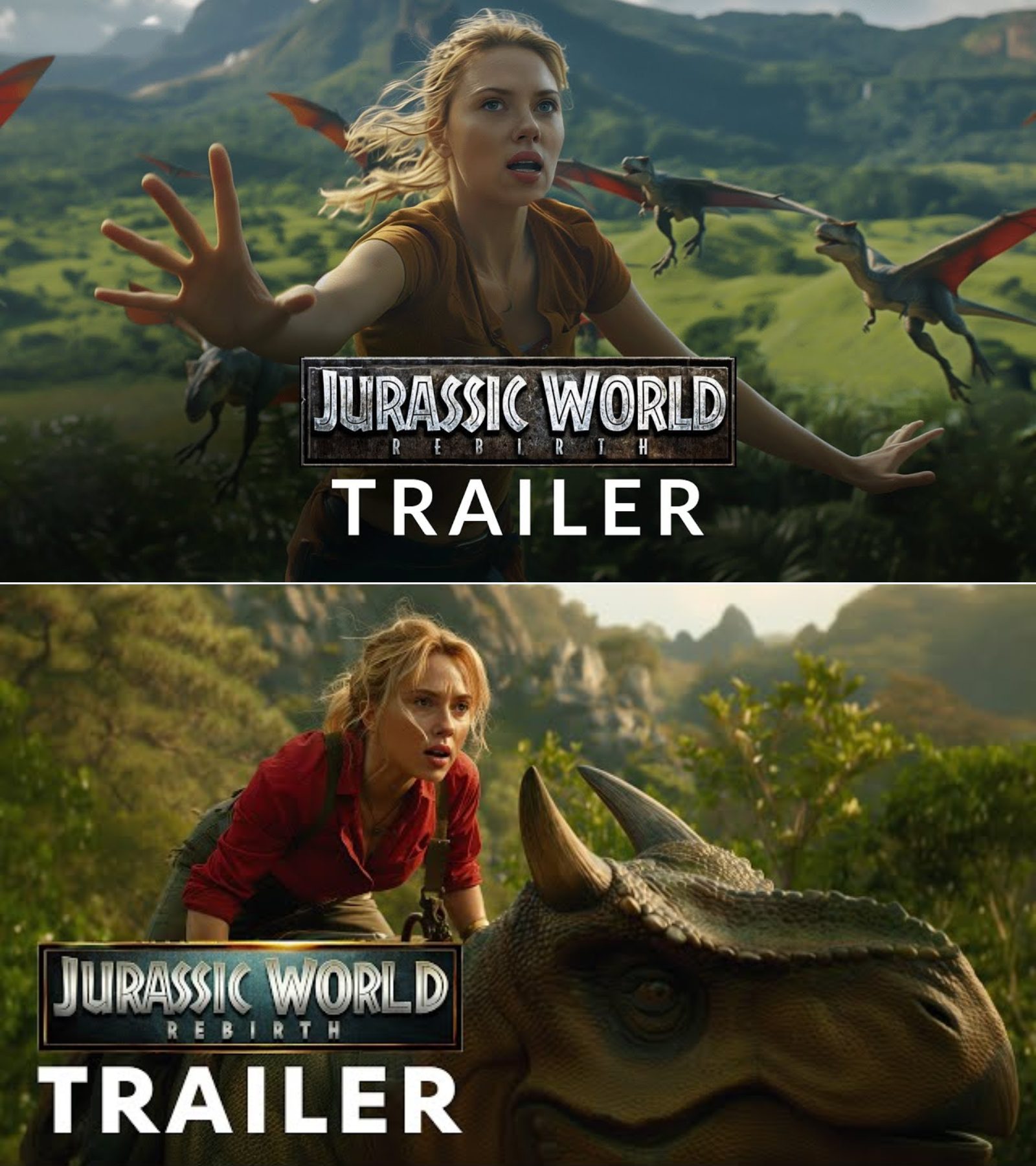
In a dramatic turn of events, rapper Boosie Badazz’s concert was abruptly shut down after a confrontation involving controversial internet personality Charleston White. The incident unfolded as Boosie exited the stage, leading to a chaotic scene where a fight erupted, forcing White to retreat to a waiting vehicle. Eyewitness accounts indicate that tensions had been brewing, particularly given White’s history of inflammatory comments about various artists, including Boosie.
This incident comes on the heels of Boosie’s ongoing legal issues, including a recent arrest by federal agents, which has sparked widespread speculation regarding his alleged criminal involvement. Boosie’s history with the law, marked by previous drug charges and trials, has added complexity to his public persona, as fans often view him as a survivor of systemic oppression.
Charleston White, known for his candid and often controversial commentary on social justice and the music industry, took to social media to address the situation. He criticized the street culture that glamorizes violence, suggesting that artists like Boosie should strive to set positive examples for their fans and communities. White’s remarks have incited mixed reactions online, with some defending his perspective while others accuse him of lacking compassion in the face of Boosie’s legal troubles.
The fallout from this confrontation not only highlights the tensions within the hip-hop community but also raises important questions about accountability and the influence of artists on their audiences. Fans and critics alike are now left to ponder the implications of these events, particularly in light of Boosie’s complicated relationship with the law and the larger narrative of violence in the music industry. As discussions continue to unfold, the focus remains on the need for positive role models in hip-hop and the responsibility artists have towards their fans and communities.
